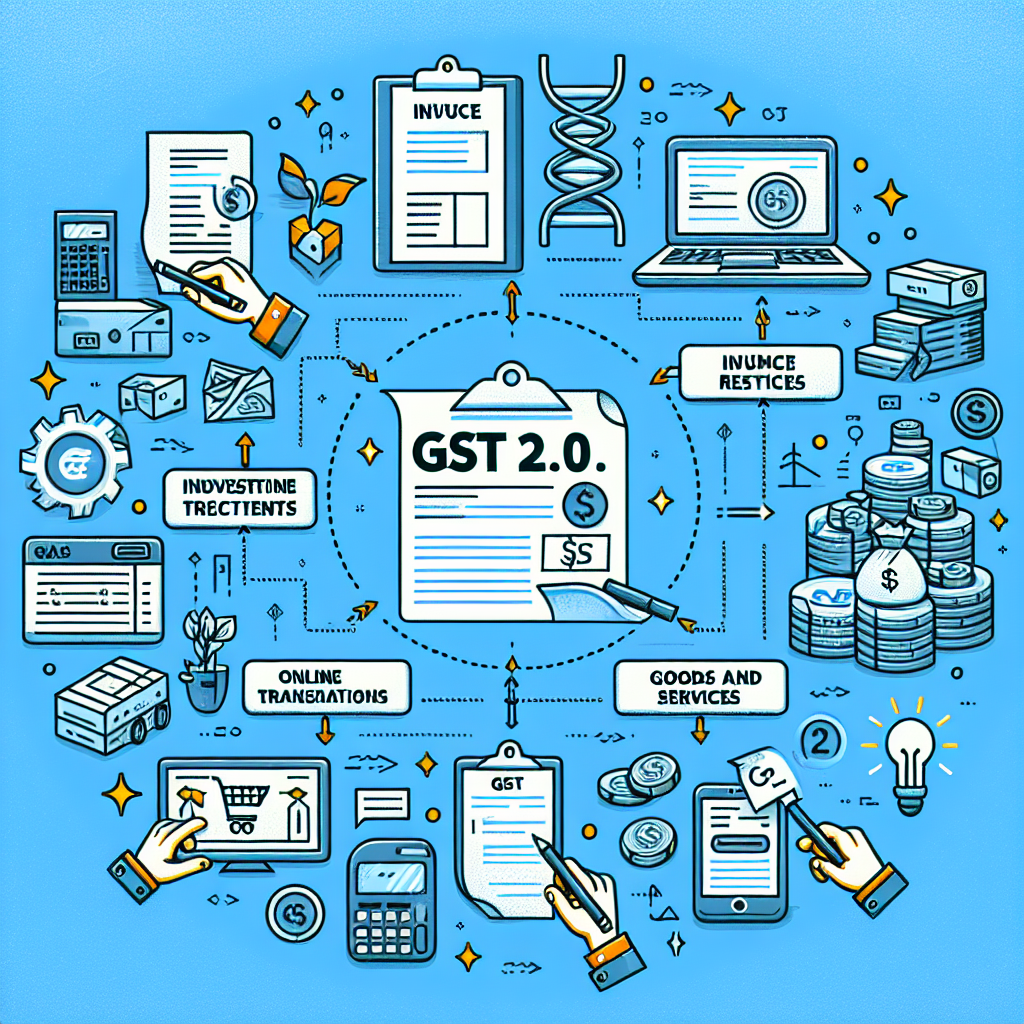GST 2.0: A Catalyst for Economic Transformation
GST 2.0 is set to reduce food prices, boosting urban demand and consumption, significantly impacting the economy as described by TCPL SEO Sunil D'Souza. This change will shift the market from unbranded to branded products and enhance global competitiveness through increased domestic consumption and GDP growth.

- Country:
- India
In a significant economic development, GST 2.0, aimed at reducing food prices, is poised to ignite urban demand, boost consumption, and spur GDP growth, according to Sunil D'Souza, Managing Director and CEO of Tata Consumer Products Ltd. D'Souza anticipates a shift from unbranded to branded products due to pricing parity.
D'Souza highlighted the structural change in the economy, emphasizing that the extra money in consumers' hands could lead to increased spending in new categories. This development is expected to drive industries to scale up, boosting their global market presence as well.
Addressing concerns about urban consumption, D'Souza dismissed perceptions of demand decline. He pointed out that Quick-commerce, a relatively new sales channel, has contributed significantly to the growth of e-commerce, comprising a notable percentage of TCPL's business, thus countering the notion of stagnancy in urban markets.
(With inputs from agencies.)
ALSO READ
Silver Soars to New Heights Amid Global Market Uncertainty
Global Markets Hold Breath Amid Fed's Next Moves
Global Markets React to Powell's Cautious Remarks and Economic Data
Global Markets Hold Breath as Fed Officials Prepare to Speak
Global Market Shifts Amid Fed Speculation and Geopolitical Tensions










